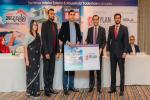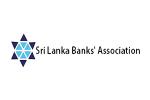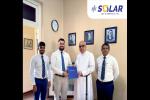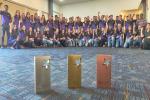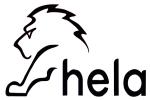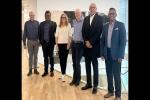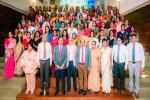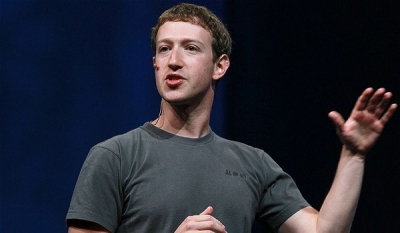Facebook’s Internet.org launched in 2013 with the aim of bringing affordable internet access to the world and – working with network partners such as Telenor, Airtel Africa, and Millicom – has managed to take a basic service to four African countries, Columbia and most recently India.
Meanwhile, Google’s Project Loon - which was announced the same year - uses high altitude balloons to create aerial wireless networks.
Speaking at Mobile World Congress today (2 February), Zuckerberg said he would consider working more with Project Loon, revealing it had already given its rival a boost in Zambia.
“When we launched the Internet.org app in Zambia with our operator partner there, one of the apps we launched with was Google Search because it is an important product and piece of functionality people around the world want,” he said.
Zuckerberg added: “I would love to do more with them, and Sundar (Pichai, Google senior vice president) talked about their apps being more in partnership with Internet.org.”
However, he went on to say that Google’s balloons and other “sexy” headline tech such as drones and satellites were on the fringe.
“The reality is 90 per cent of people in the world already live in range of a network so we’re not really the ones leading this.
We can help because Facebook is one of the primary apps people want to use, so it drives data usage,” he said. “But it’s the operators who are driving this. We partner with them.”
He said Internet.org has helped operator partners grow their subscriber bases.
In Paraguay, for example, senior vice president of operations for Millicom Mario Zanotti revealed it has seen a 30 per cent increase in data use with more people now paying for mobile services.
“The free model [of Internet.org] is for a limited time. After that, people become paying subscribers.”
